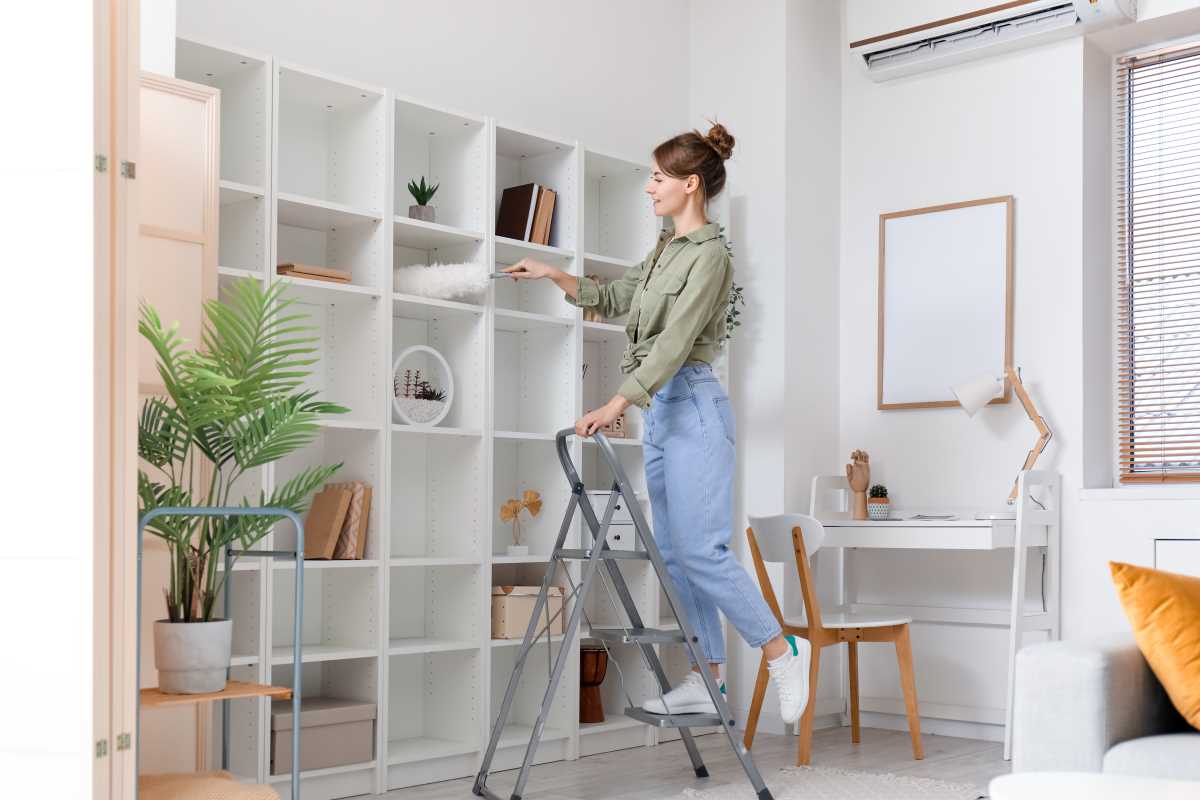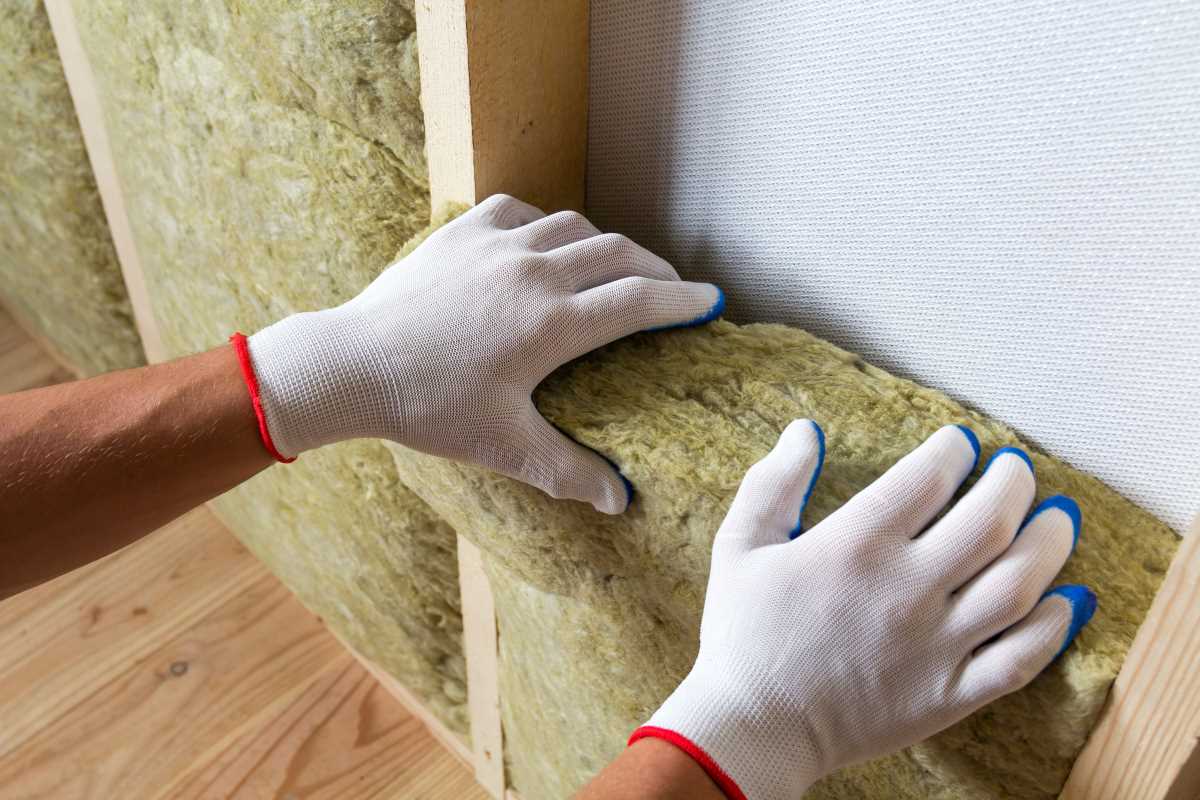Getting around your home should never feel like a challenge, yet many families face mobility issues as loved ones age. Climbing stairs, which once seemed effortless, can become a daily struggle for seniors or those with limited mobility. That’s where senior-friendly elevators come in. These home installations aren’t just luxury. They’re a practical solution designed to make your home safer, more accessible, and more comfortable. If you’re caring for aging parents, planning for yourself, or aiming to create a more inclusive living space, it’s important to recognize the right time to make the leap. Below, we break down five key signs that it might be time to consider investing in a senior-friendly elevator for your home.
1. Mobility Challenges Are Making Stairs Difficult
The most obvious sign is that it is time to consider a home elevator when stairs become harder to climb. Aging naturally brings changes in strength, balance, and endurance, which makes tackling multiple flights of stairs exhausting or even dangerous. For individuals with arthritis, joint pain, or other chronic conditions, the repeated motion of going up and down stairs can cause discomfort or increase the risk of injury.
If you or a loved one frequently rests halfway up the staircase, uses handrails for extra support, or avoids certain areas of the home because of the stairs, a home elevator could be a game-changer. Senior-friendly elevators are specifically designed to make multi-level homes accessible again, ensuring a safer and easier way to move between floors.
2. You’re Concerned About Safety at Home
Safety is one of the biggest reasons families look into adding an elevator to their home. Stairs can pose serious risks for falls, especially for older adults. The National Council on Aging reports that falls are a leading cause of injury for seniors, often resulting in hospital visits or long recovery times.
Even if no one in your household has experienced a fall, noticing signs like unsteady footing on stairs or difficulty carrying items between floors can signal an increased risk. A senior-friendly elevator eliminates the potential hazards of stairs and provides a safer alternative. Many elevators even come with added features like non-slip flooring, backup power, and smooth operation to ensure reliability and safety at all times.
3. You’re Caring for a Loved One with Mobility or Health Issues
If you’re a caregiver, you’re likely familiar with how quickly mobility concerns can affect someone’s independence. For loved ones who use a walker, cane, or wheelchair, navigating stairs can feel nearly impossible and often demands constant assistance. This puts strain not only on the person needing help but also on the caregiver.
Installing an elevator can provide much-needed relief for both parties. A senior-friendly elevator allows your loved one to maintain more independence, giving them the ability to move freely between floors without assistance. For caregivers, it reduces the physical and emotional stress of helping with stairs multiple times a day and reassures the family that their loved one is in a safer environment.
4. You’re Planning to Age in Place
Many homeowners plan to stay in their houses as they get older, a concept known as “aging in place.” The idea of staying in a home full of memories is comforting, but the reality is that most houses weren’t designed with aging in mind. Traditional homes often have narrow staircases, multiple stories, and layouts that aren’t convenient for seniors.
By installing a senior-friendly elevator, you’re future-proofing your home and ensuring it will meet your needs both now and in the years to come. Even if you’re still mobile today, having an elevator already installed can save time and money later on. It can also add value to your home, making it a smart investment should you decide to sell in the future. Builders and buyers alike recognize the growing demand for accessible housing, and a home elevator checks that box.
5. You’re Thinking About Convenience and Comfort
Accessibility isn’t just about necessity. It’s also about improving overall comfort and convenience. Home elevators aren’t just for seniors with mobility issues. They’re also ideal for anyone who wants to make their daily life a little easier. Picture carrying heavy laundry baskets, groceries, or luggage effortlessly between floors instead of struggling up the stairs.
Senior-friendly elevators are designed with features that ensure practicality for everyone in the household. Many models are compact, quiet, and blend seamlessly with your home’s design. Whether you’re hosting family gatherings, helping young children, or simply enjoying a more efficient lifestyle, an elevator can enhance your day-to-day living experience.
Talking to a Loved One about Installing a Senior-Friendly Elevator
Bringing up the idea of installing a senior-friendly elevator can feel delicate, but approaching the conversation with care and empathy can make all the difference.
- Choose the right time and setting: Have the conversation during a calm, relaxed moment when your loved one feels at ease.
- Express your concern: Share your desire to improve their safety, comfort, and daily life.
- Listen to their concerns: Be open to hearing their thoughts about cost, appearance, or installation inconvenience.
- Provide reassuring facts: Explain how modern elevators can blend with home décor and how installations are handled efficiently by professionals.
- Highlight the benefits: Emphasize increased independence, reduced safety risks, and an overall better quality of life.
- Involve them in the process: Show pictures, discuss features, and ask for their input to make them feel empowered and included.
 (Image via
(Image via





